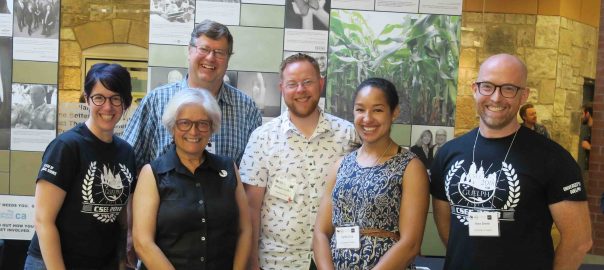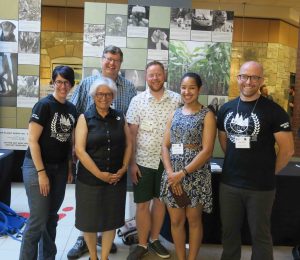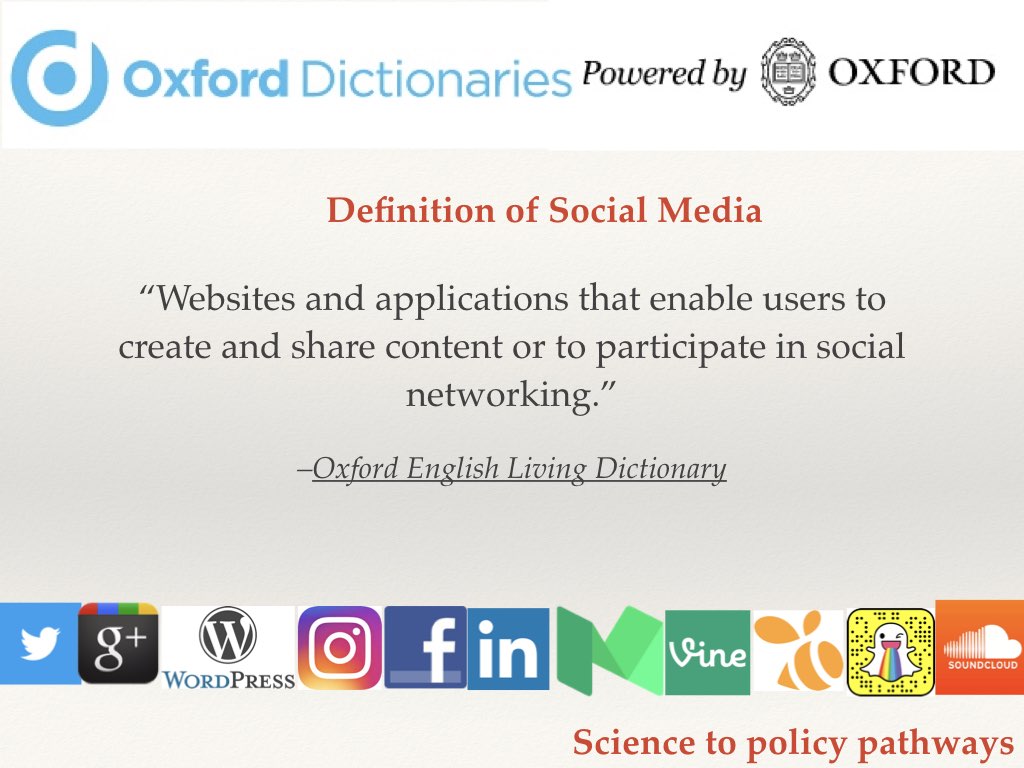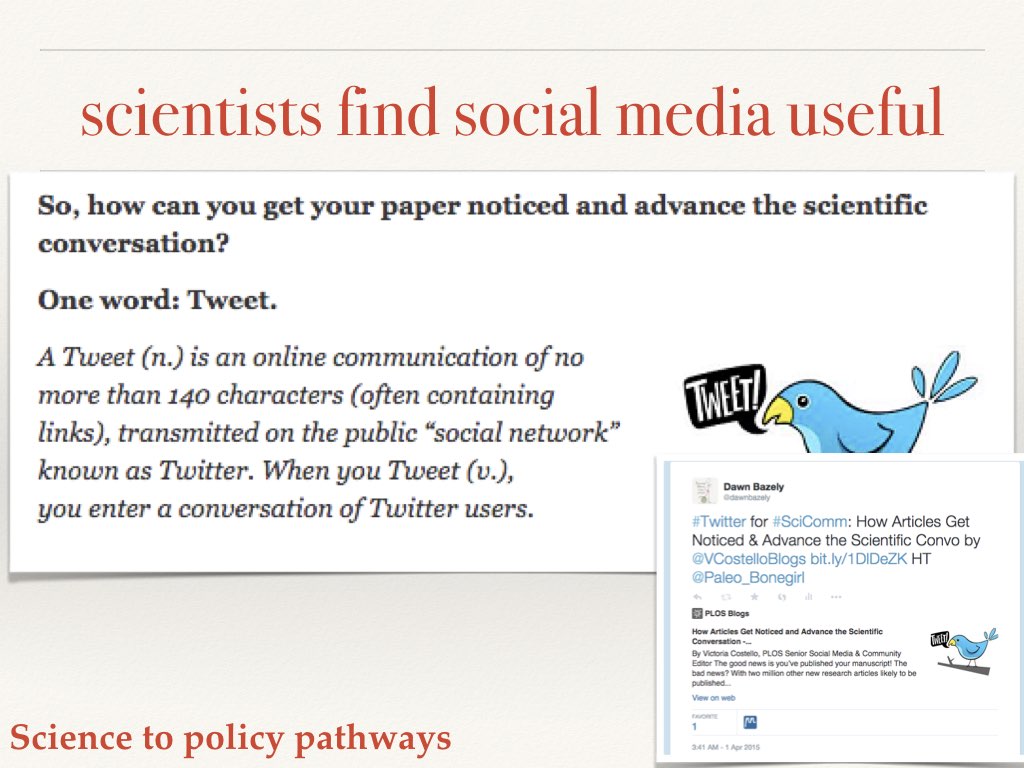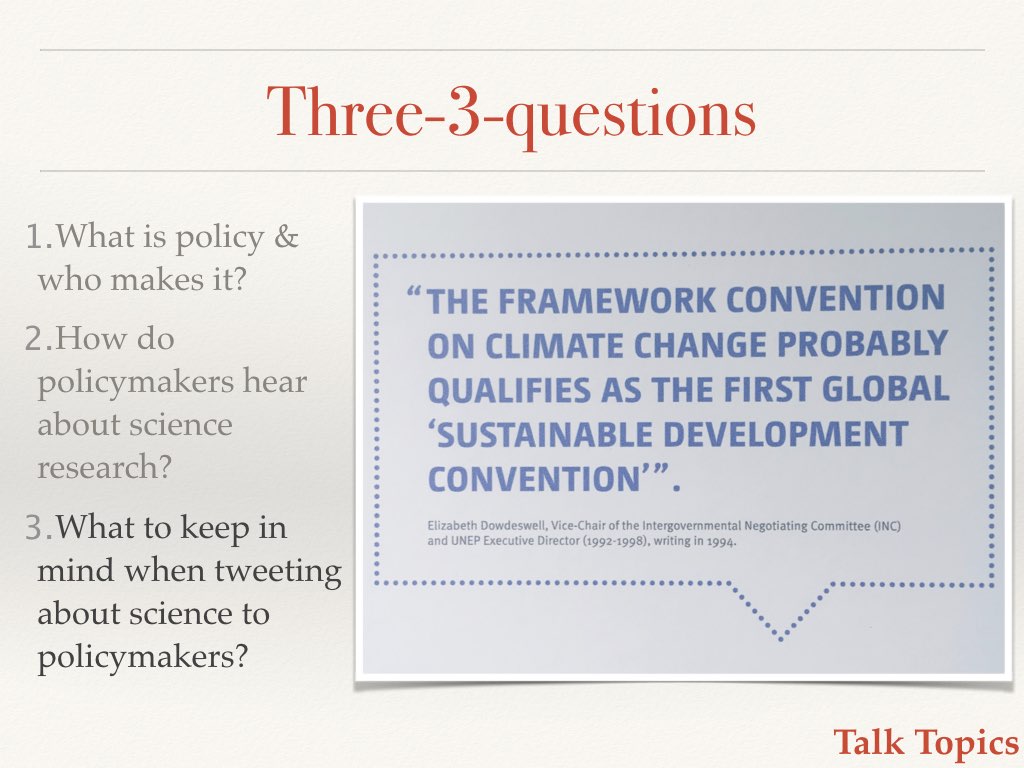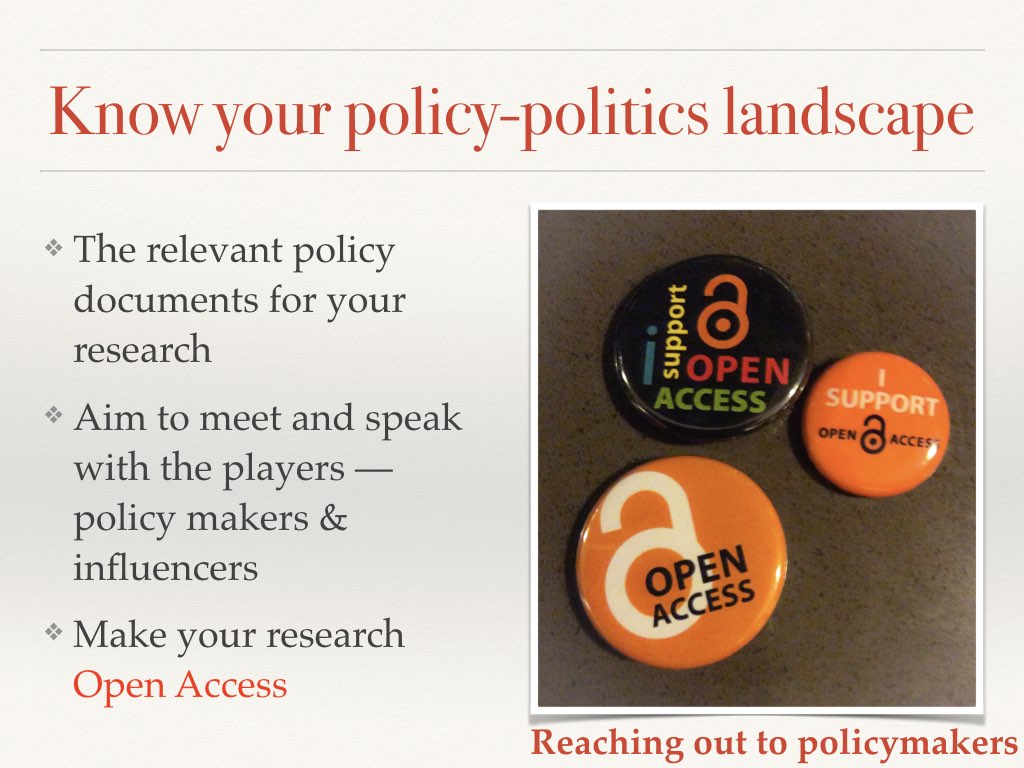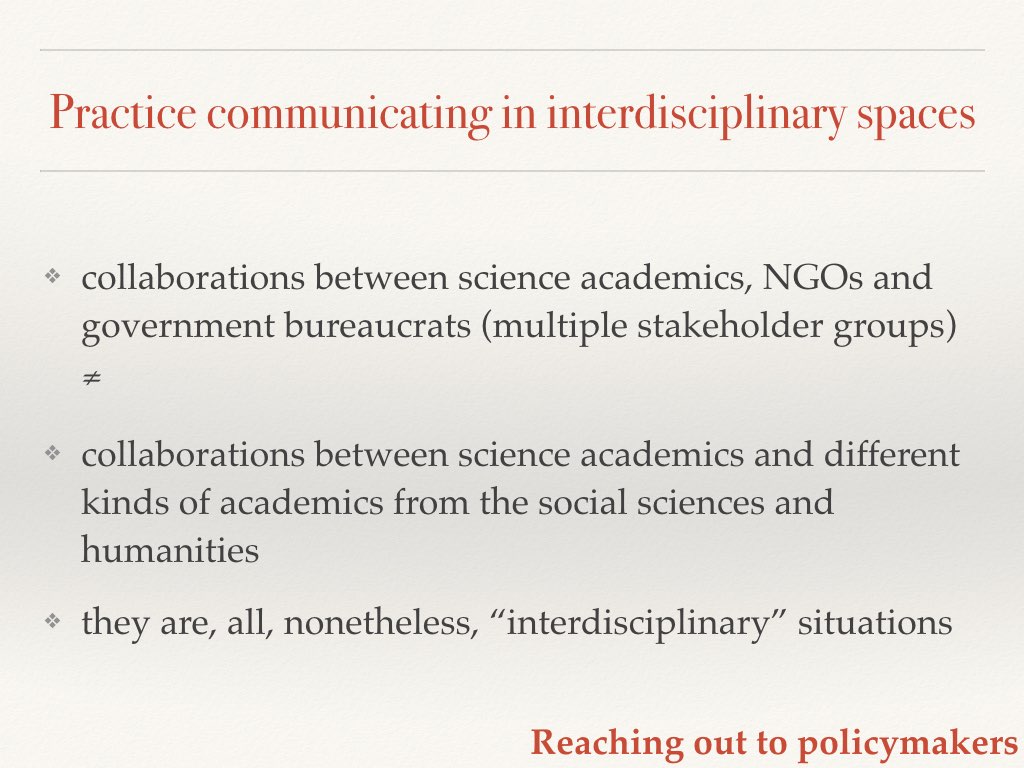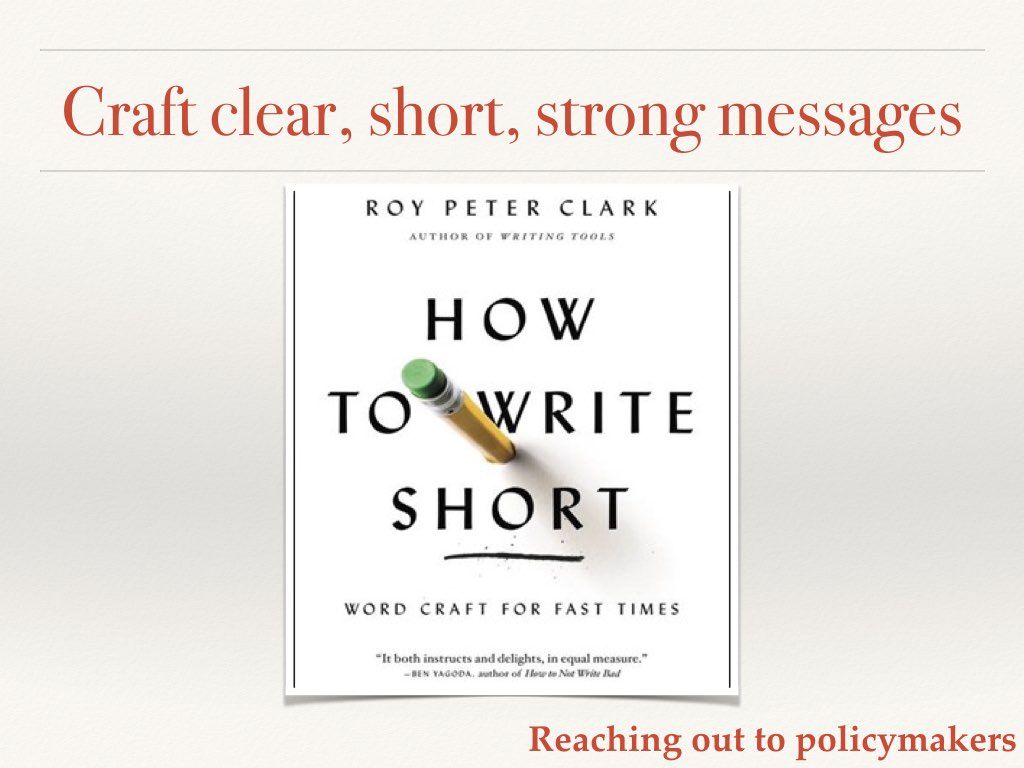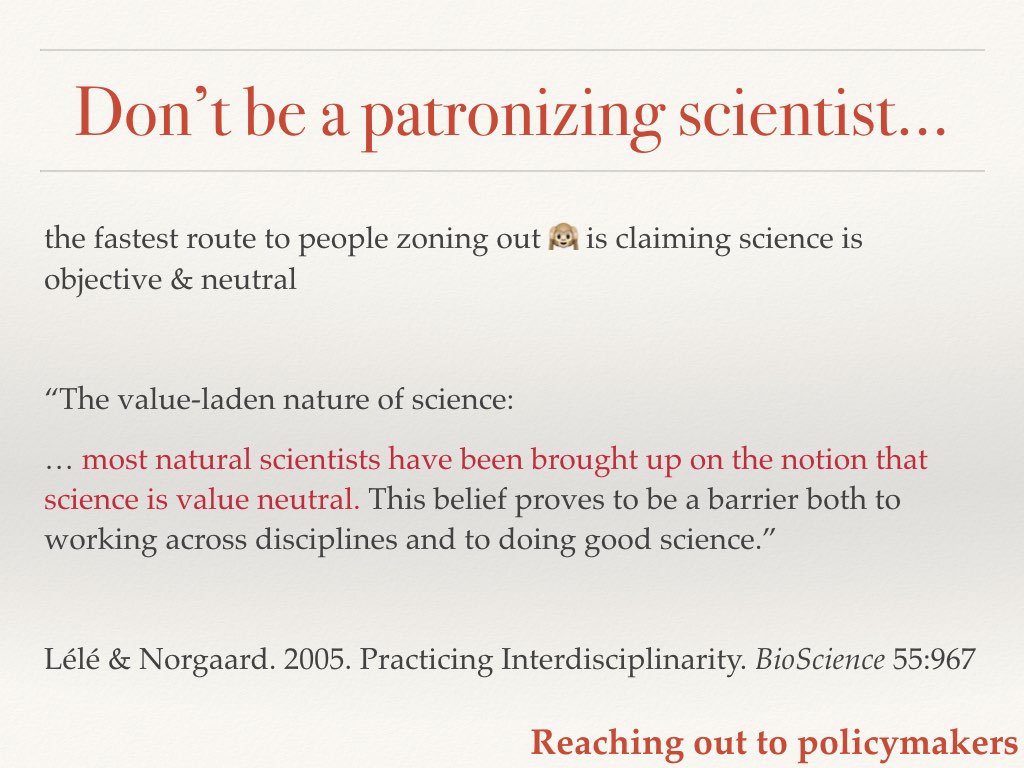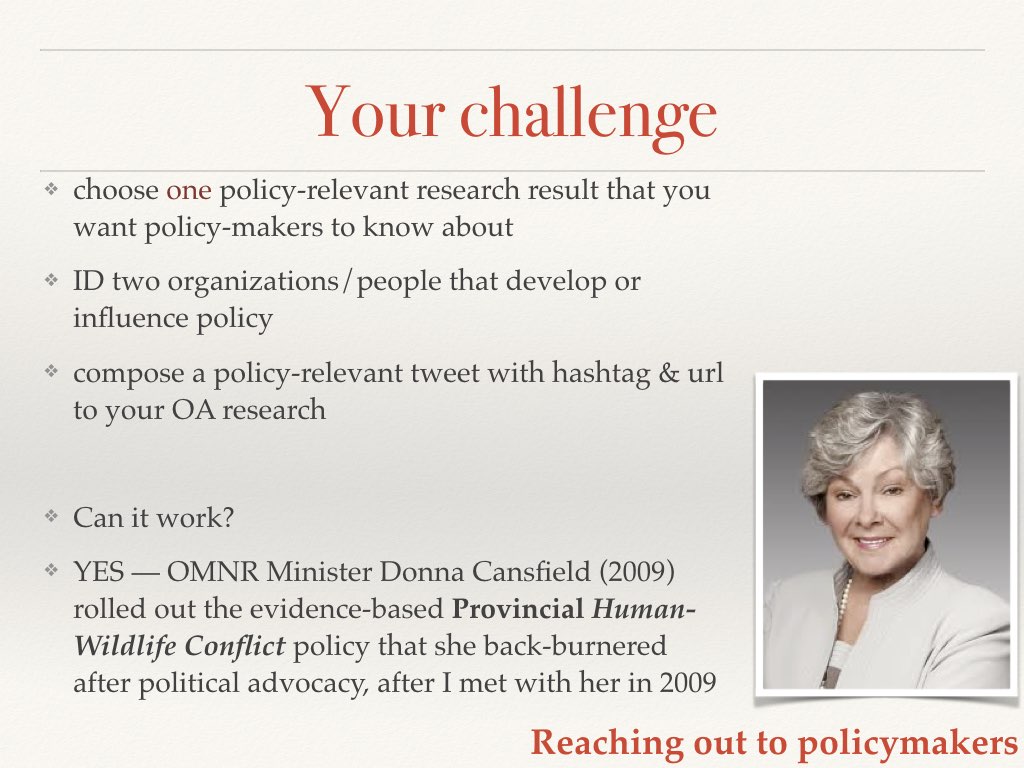Late last year, my friend, Prof. Shoshanah Jacobs of Guelph University, proposed a panel about Science Twitter for the Canadian Society for Ecology and Evolution Annual Meeting that would be happening in July 2018 at Guelph.
I immediately agreed, because the other panelists were to include some of Canada’s top ecologists active on social media, with stellar records of public science outreach and engagement:
Stephen Heard (@StephenBHeard): Tweeting to the Science Community
Alex Smith (@Alex_Smith_Ants): Tweeting your Research
Dawn Bazely (@dawnbazely): Tweeting your Science to Policy
Cylita Guy (@CylitaGuy): Tweeting during Active Research
Morgan Jackson (@BioInFocus): Tweeting your Expertise
Shoshana (@shoshanahjacobs): Tweeting at a Conference
I have been working to diversify STEM for decades, so I was very happy that Shoshanah’s panel was gender-balanced, and included ecologists from a wide-range of career stages. Of course, we could have been even more diverse. It’s important for science researchers to understand that aiming for gender-balance is an evidence-based policy-goal. It’s also merely the first step towards make STEM more equitable, diverse and inclusive.
Since my panel was given a short (60 minute) spot after lunch on Thursday July 19th 2018, it was imperative that each speaker kept firmly to our 9 minute slots. I’m delighted to say, that unlike many other panel events of this type, where my fellow speakers regularly exceed their time allowance, sometimes by 100% or more, that our science communication panel ran a very tight ship, and finished ahead of time.
Our panel presentations were so well prepared, that we had time to answer questions tweeted to us via the #CSEETweetShop hashtag on the #CSEE2018 tweetstream.
Here are my slides on Tweeting Your Science Research to Policymakers, and they are also on slideshare: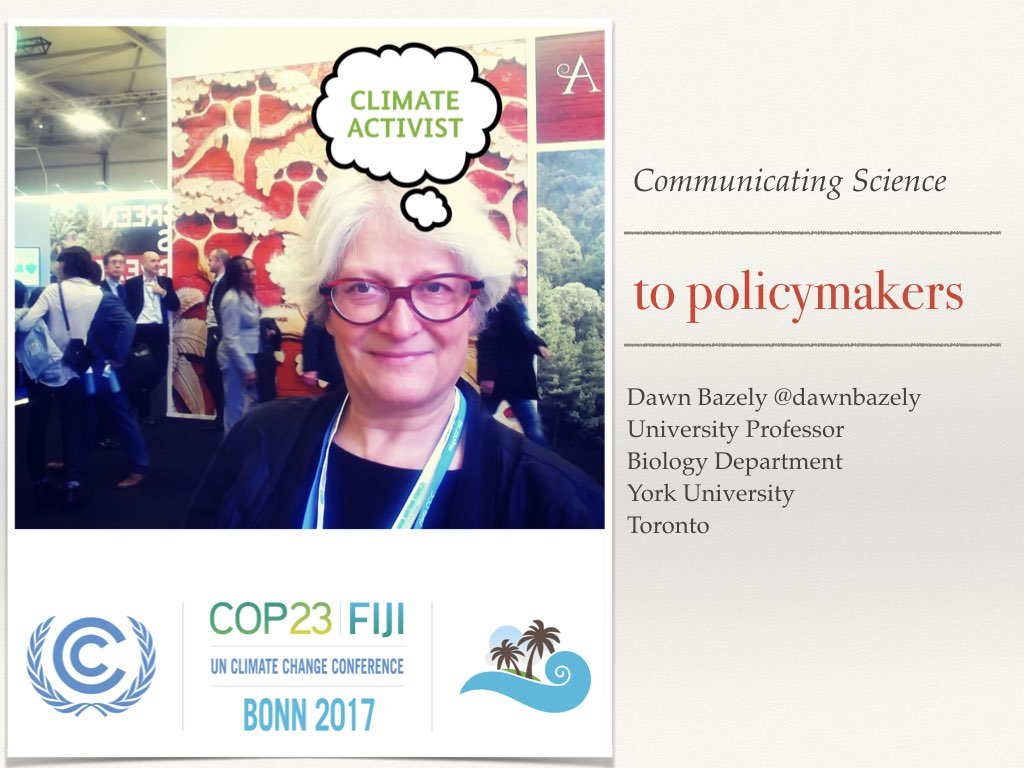
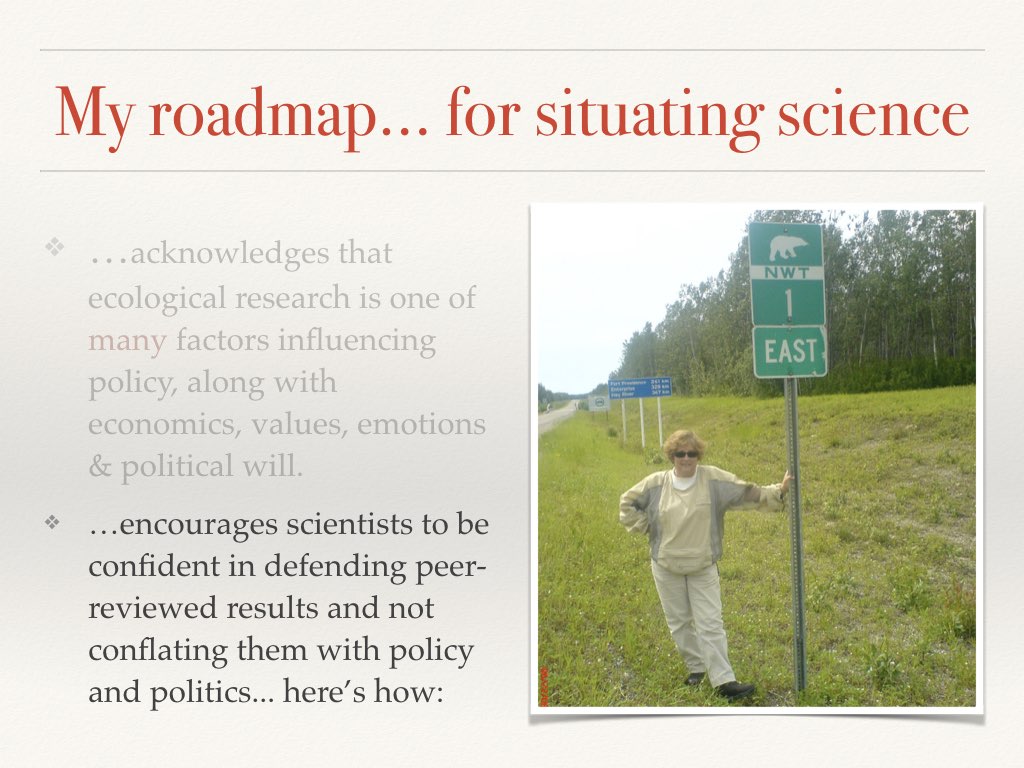
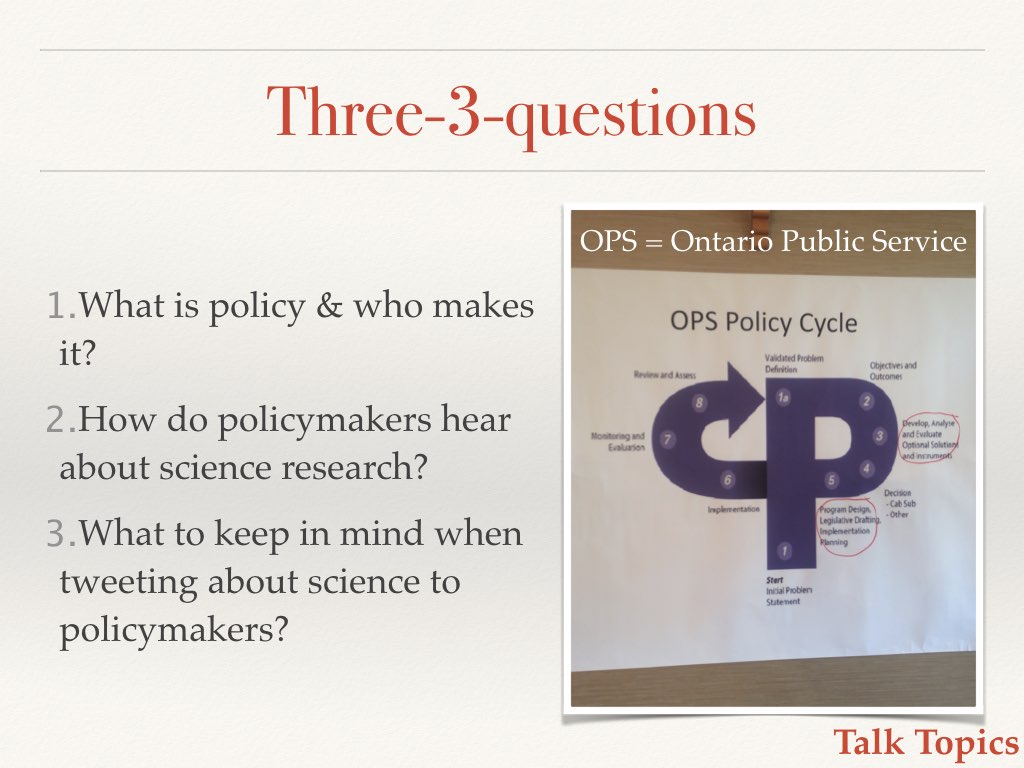
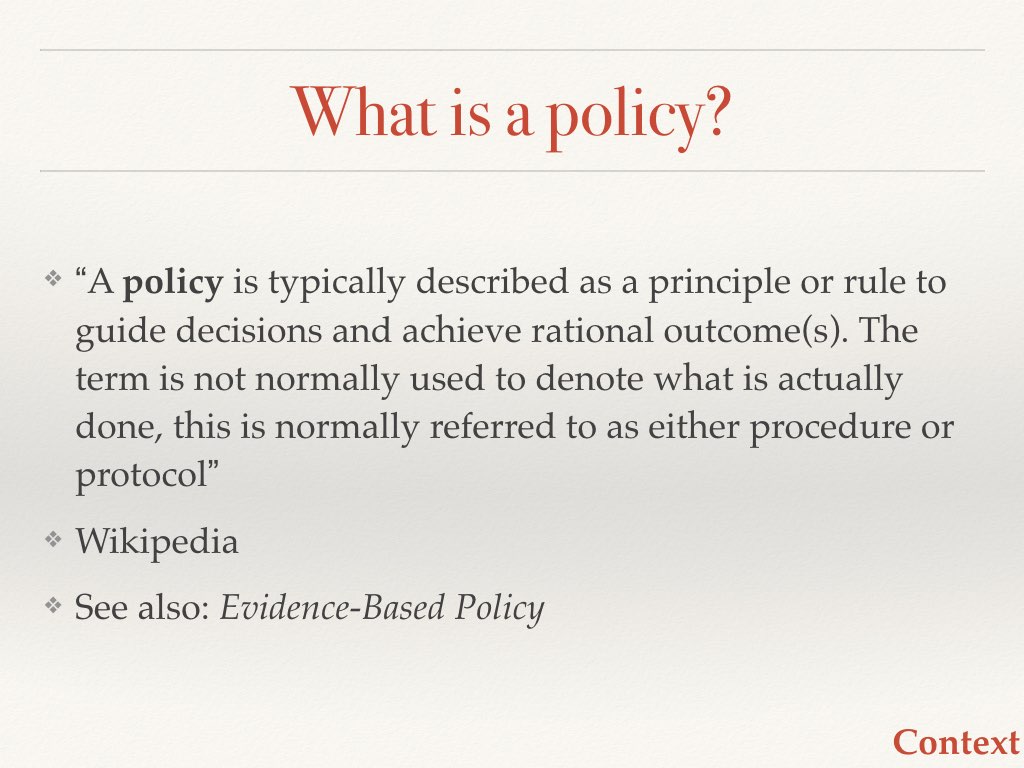
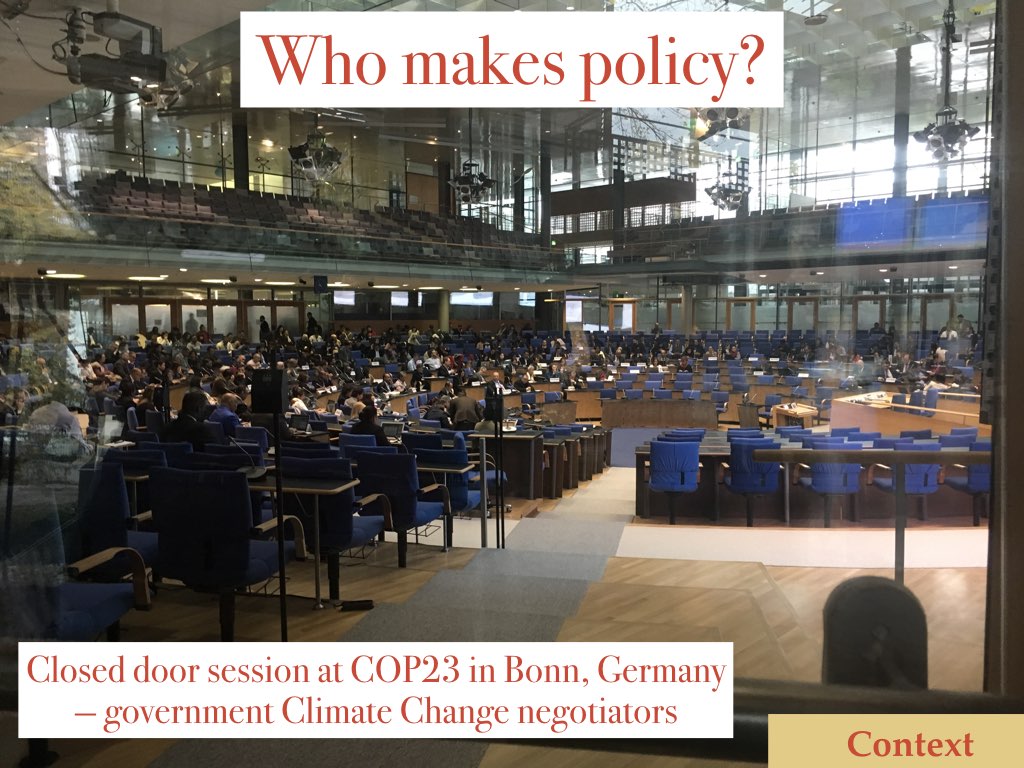
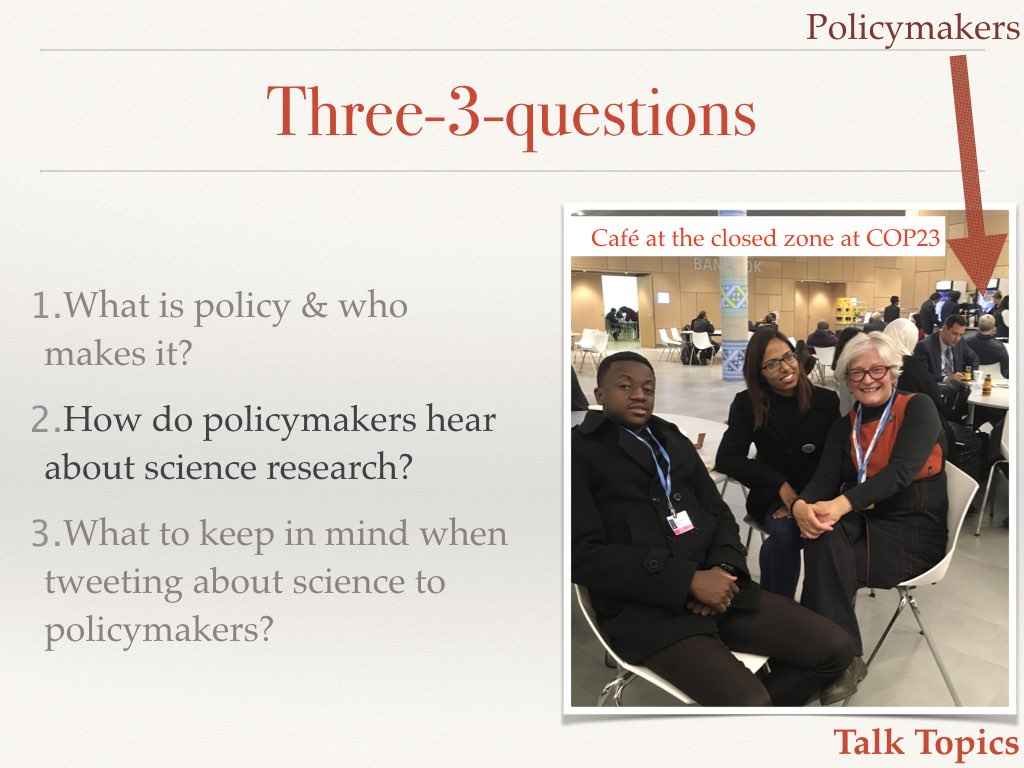
P.S. A final word. Nothing is more annoying and unprofessional, than a science speaker at a conference running over their allotted time. This is disrespectful to the people who have come to hear you speak.
If you regularly do this kind of thing, it is highly likely that you are not doing a good job of explaining your research effectively and succinctly to policymakers, because you are losing their attention.
If you are a speaker in a symposium session with me, and I get less time because of you, please know that I, and other people, do remember this. We will tell people that you are a poor science communicator who cannot hone your message.
In several cases, I have advised colleagues against inviting speakers for conferences and seminar series who have gone overtime in their presentations.

